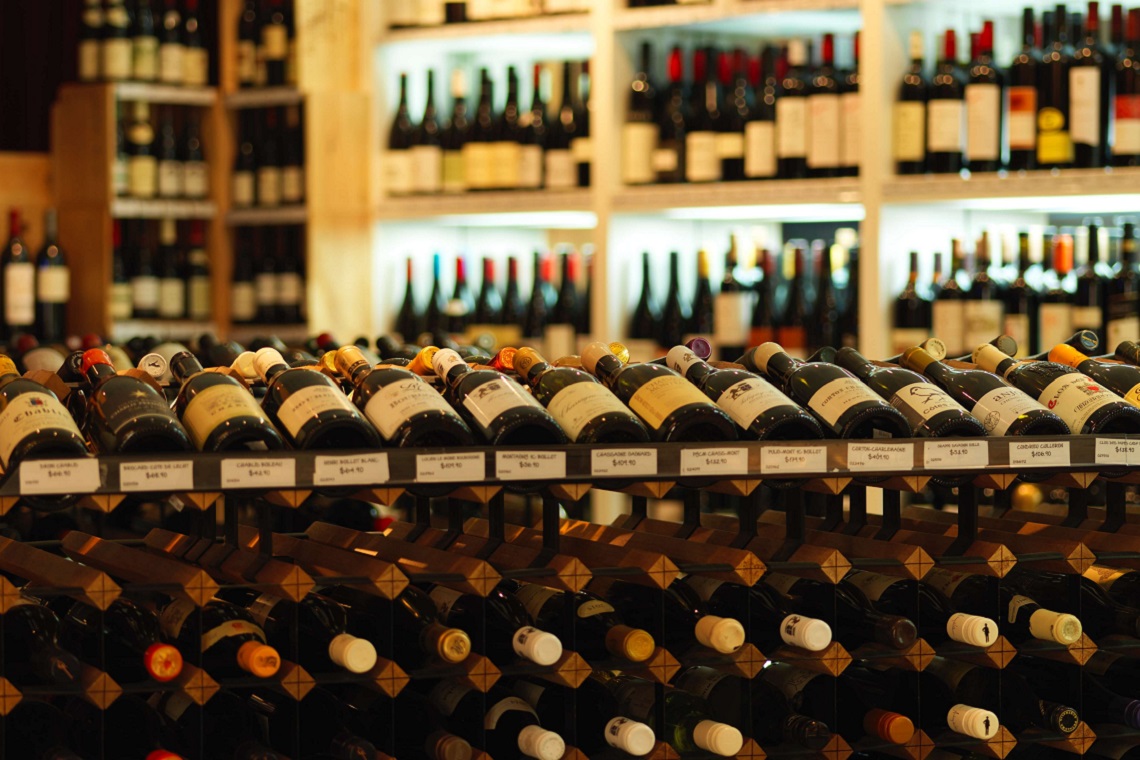The Western Australian Government has implemented new legislation that will restrict the number of liquor barns that will be able to open in the state.
The introduced changes to the Liquor Control Act 1988, which took effect on Saturday 2 November, will not allow any new large packaged liquor outlets of 400sqm or greater to be established within five kilometres (metro) or 12km (regional) of an existing large packaged liquor outlet of 400sqm or more. The distances are calculated using the shortest route by road.
The changes will still allow for ‘greenfields’ outlets to be established as a ‘first mover’, but no further large packaged liquor outlets will be allowed within the above distances.
The changes are not retrospective – all existing venues will be unaffected, but they will not be able to increase the size of their retail sales area to more than 400sqm if another large packaged liquor outlet is within the prescribed distances.
Racing and Gaming Minister Paul Papalia said the changes are the result of ongoing community concerns and extensive industry consultation and will provide certainty to liquor industry investors in WA.
“They are the first of their kind in Australia and are a good example of community feedback leading to policy change,” said Papalia.
“They represent the most significant reforms in more than a decade – since the Labor Government’s changes in 2007 which opened the small bars market in WA.
“Importantly, they strike an excellent balance between liberalising the liquor environment for responsible licensees and consumers, as well as managing community expectations for particular types of venues.”
The changes have garnered mixed responses from industry with the Liquor Stores Association of WA (LSA WA) saying it’s “a win for small family-owned businesses” while Retail Drinks Australia is “disappointed to see the restrictions come into force”.
Shane Tremble, General Manager, Corporate Services Endeavour Drinks Group (EDG), disputes that there are community concerns around large packaged liquor retail outlets and argues that Dan Murphy’s is the most popular liquor retailer in WA.
He told TheShout: “Extensive market research has shown that Dan Murphy’s is the most popular drinks outlet in WA by almost any measure.
“We’re not sure what community the government has consulted in formulating this policy, but the press release confirms that it appears to have been based largely on the views of our competitors and those of the anti-alcohol lobby.
“The changes mean that any community in WA that doesn’t already have the opportunity to shop at Dan Murphy’s is very unlikely to get that opportunity. The new regulations will protect existing operators from competition and remove any incentive to innovate and provide customers with a better shopping experience.”
When TheShout spoke with Tremble back in March 2018, before the amendment was passed, he said that if the legislation moved forward, EDG would shelve plans to invest $85m in the state over the next 10 years.
He has today confirmed: “This decision will severely restrict future investment in the WA market. A planned investment pipeline that would have seen up to 30 additional stores in WA will now be reviewed.”
But LSA WA says that with alcohol consumption in decline it makes sense to restrict the number of big box liquor stores in the market.
Peter Peck, LSA WA CEO, told TheShout: “The trend in alcohol consumption has been declining so these regulations make sense. Why would you want to build a bigger outlet when fewer people are consuming?
“Unlike these large liquor stores the smaller outlets are very much a gateway to small distillers, craft brewers and smaller wineries, and without smaller stores they just wouldn’t have a marketplace to sell their wares because they don’t produce enough stock for the larger chains to carry their lines,” said Peck.
“It’s a win for all Western Australian small business from vineyards, distillers, brewers and all of the other association WA small family businesses.”
But Julie Ryan, CEO of Retail Drinks argues that the restrictions will impact small businesses that are looking to grow.
“It is really disappointing to see these restrictions come into force, which affect all of industry’s opportunity for investment and growth, including the many small businesses who may operate large format stores or have a desire to expand,” she said.
“Meeting the needs of WA consumers and allowing them to benefit from competition between outlets has been abandoned, and these principles of competition are fundamental to a healthy economy at a time when an ageing population and declining jobs growth is pushing living affordability to its limits. It was short-sighted of any of our industry to agree or concede that availability (whether by density or size) contributes to alcohol-related harm when the contrary has been repeatedly shown: there is no relationship between outlet density or size and alcohol-related harm.
“Until all of industry unites behind all participants’ right to trade responsibly and stands up for evidence-based policy, these short-sighted positions will continue to fuel misconceptions around how to address alcohol related harm.”
The changes were drawn up in consultation with key stakeholders including LSA WA, the Australian Hotels Association (WA), the McCusker Foundation, WALGA, as well as individual private companies.

